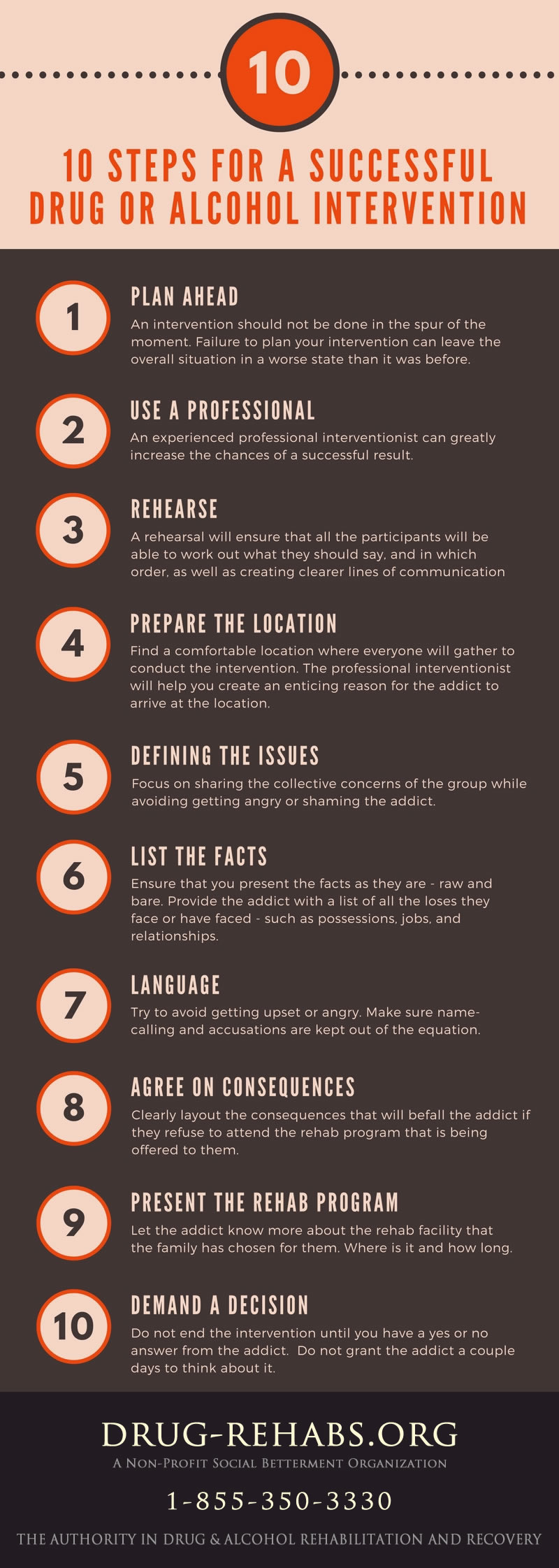Overcoming Shame And Shame In Drug Rehabilitation: Eliminating The Stigma
Overcoming Shame And Shame In Drug Rehabilitation: Eliminating The Stigma
Blog Article
Web Content Written By-Beatty Burnham
You're not alone in the battles you encounter, and dealing with the stigma surrounding pity and guilt in Drug rehabilitation is the primary step in the direction of recovering your life. By checking out the roots of these emotions and finding out to navigate them in a supportive setting, you can pave the way for true healing and growth. Remain tuned to uncover how breaking without the weight of pity and guilt can open a course to self-acceptance and a future filled with promise and positivity.
The Influence of Pity and Shame
Experiencing pity and guilt can significantly impede your development in Drug rehab by producing barriers to self-acceptance and recovery. When you carry the weight of embarassment for past actions or guilt for the influence of your dependency on loved ones, it can be challenging to progress. These emotions may bring about low self-esteem, making it hard to rely on your ability to transform and recuperate.
Shame and shame can likewise sustain unfavorable thought patterns, strengthening the idea that you're unworthy of help or redemption. This can stop you from completely participating in the recovery procedure and looking for assistance when needed. The fear of judgment from others or the anxiety of facing your very own emotions might lead you to stay clear of needed conversations or therapy sessions.
Acknowledging and addressing these sensations is vital for your healing journey. By overcoming your pity and shame in a secure and supportive atmosphere, you can start to grow self-compassion and forgiveness. This change in frame of mind can empower you to embrace the recovery procedure with a newfound feeling of hope and determination.
Techniques for Recovery and Change
To facilitate your recovery and improvement in Drug rehabilitation, implementing reliable methods is key. One vital approach is to actively take part in treatment sessions. By taking part completely in private and group therapy, you can resolve underlying concerns, find out coping mechanisms, and obtain support from experts and peers.
An additional vital technique is to focus on self-care. This consists of getting enough remainder, consuming nutritious meals, and taking part in exercises that advertise health. In addition, exercising mindfulness and reflection can help you stay present and take care of cravings or triggers properly.
Establishing practical goals and commemorating little triumphes along the way can also add considerably to your recovery trip. By breaking down your healing process right into manageable actions, you can preserve motivation and track your progression.
Moreover, bordering on your own with a positive support system of buddies, household, or fellow individuals in recuperation can offer inspiration and responsibility. Bear in mind, everyone's course to healing is special, so it's necessary to find strategies that resonate with you directly and adapt them as required to foster enduring improvement.
Welcoming a Life of Soberness
Accept soberness as a new phase in your life, full of chances for development and gratification. Deciding to live a sober life is a bold step in the direction of a brighter future. By choosing http://bernardo7802sam.jigsy.com/entries/general/The-Advantages-Of-Picking-Inpatient-Drug-Rehabilitation-2 , you're choosing to prioritize your health and redeem control over your life. https://anotepad.com/notes/cfywbbyi may seem discouraging in the beginning, but remember that each day sober is a day of development and toughness.
As you embrace sobriety, border yourself with encouraging and understanding individuals that boost and motivate you on this journey. Participate in activities that bring you pleasure and fulfillment, aiding you rediscover the elegance of life without materials. Welcoming https://www.politico.com/news/2022/06/20/opioid-addiction-telehealth-00040568 of sobriety isn't concerning deprival yet regarding empowerment. It opens doors to new possibilities and enables you to connect with your authentic self.
Celebrate each milestone along the road, no matter just how little, as they symbolize your resilience and determination. Keep in mind, sobriety is a gift you give on your own, causing a life filled with clarity, purpose, and endless capacity.
Conclusion
Finally, breaking the stigma surrounding shame and sense of guilt in Drug rehabilitation is crucial for individual development and healing. By attending to these feelings head-on, exercising self-care, and embracing soberness as a courageous selection, people can change their lives and find happiness and objective.
With a positive support group and a commitment to self-improvement, getting over pity and guilt paves the way for empowerment and a meeting, sober future.
